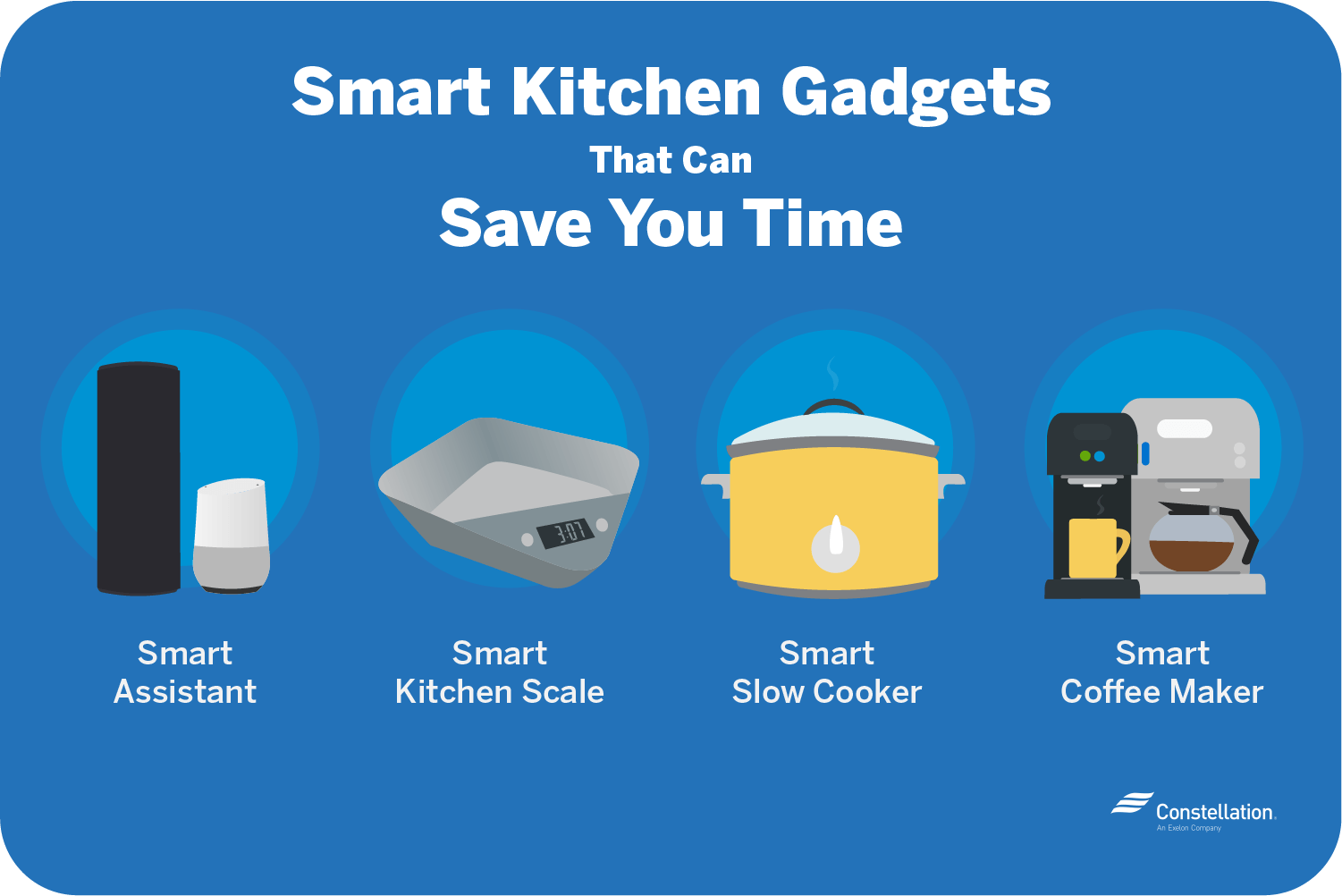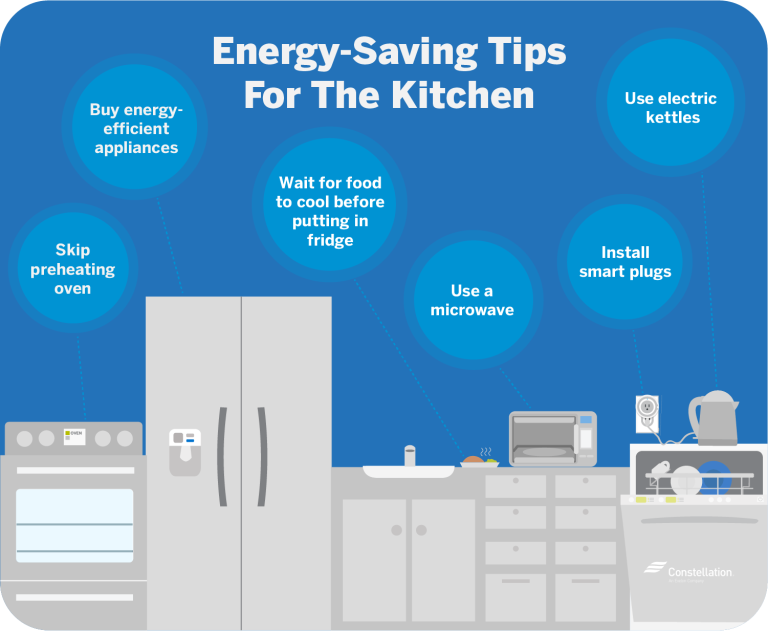Are you looking for simple ways to cut down on your energy bills without sacrificing your comfort? The kitchen is a great place to start.
You might be surprised at how much energy is consumed in this one room alone. From cooking meals to running appliances, the kitchen can be a major drain on your resources. But the good news is, there are plenty of easy and effective strategies you can use to save energy in the kitchen.
Imagine keeping more money in your pocket while also helping the environment. Sounds great, right? Dive into these practical tips and discover how you can make a real difference in your energy consumption today. Don’t miss out on transforming your kitchen into a more energy-efficient space!
Efficient Cooking Techniques
Pressure cookers save energy by cooking food faster. They use steam pressure to cook. This reduces cooking time. Less time means less energy used. They are great for beans and meats. These foods take long to cook. A pressure cooker makes them ready in minutes. It locks in flavors and nutrients too. This makes meals tasty and healthy.
Batch cooking is smart and saves energy. Cook a lot at once. Store extra food for later. This reduces time spent in the kitchen. You use less electricity or gas. Cooking in big batches means fewer dishes to wash. This saves water too. Batch cooking helps plan meals better. It keeps you organized and saves energy.
Microwave ovens use less energy than stoves. They cook food quickly. This makes them energy-efficient. Great for reheating meals or cooking small dishes. They are easy to use. Perfect for busy days. Microwave ovens heat food evenly. This keeps it tasty and warm. Using a microwave can lower energy bills.

Credit: www.facebook.com
Smart Appliance Usage
Choose a refrigerator with an Energy Star label. It uses less power. Keep the fridge full but not packed. Cold air circulates better with space. Check door seals. They should be tight to keep cool air in. Place the fridge away from heat sources. Heat makes the fridge work harder.
Induction stoves are more energy-efficient. They heat pans directly. Electric stoves heat the air around them. Induction uses less energy and cooks faster. Safe and cool to touch. Ideal for quick meals.
Use the eco-setting on your dishwasher. It saves water and power. Run full loads only. This reduces energy use. Avoid pre-rinsing dishes. Modern dishwashers clean well without it. Air-dry dishes to save more energy.
Lighting And Ventilation
LED lights save more energy than other bulbs. They last much longer too. Their bright light is perfect for cooking. Choose different sizes for your kitchen. Small ones for counters. Bigger ones for ceilings. This way, your kitchen will be well-lit.
Open curtains during daytime. Let the sun shine in. It gives free light. Use light-colored curtains. They let light pass through easily. This reduces the need for electric lights. Save energy and money.
Ventilation is crucial for a fresh kitchen. Use exhaust fans to remove cooking odors. Keep windows open if possible. Fresh air keeps the kitchen cool. It also helps in saving energy. Fresh air is good for health too.

Credit: www.dreamstime.com
Reducing Water And Heat Waste
Low-flow faucets save a lot of water. They use less water but keep strong flow. Less water means lower bills. Less waste too. Easy to install and use. They help the planet. Smart choice for every kitchen.
Use lids on pots to keep heat. It makes cooking faster. Less energy is used. Use insulated cookware. It keeps heat longer. Turn off heat early. Food keeps cooking with leftover heat. These tricks help save energy.
Use cold water for rinsing dishes. Save hot water for tougher stains. Choose biodegradable cleaning products. They are safe for the planet. Clean spills quickly. It needs less scrubbing later. These methods are kind to Earth.
Waste Management Practices
Composting helps reduce waste. It turns food scraps into useful soil. Vegetable peels and fruit rinds are great for composting. Eggshells can be composted too. Avoid composting meat and dairy. They attract pests. Keep a compost bin in the kitchen. Use it daily for food scraps. Turn compost regularly for best results.
Recycling is important for waste management. Plastic bottles can be recycled. Glass jars and metal cans too. Look for recycling symbols on packaging. Reuse items when possible. Old jars make good storage containers. Save plastic bags for future use. Recycling helps conserve resources. It keeps the kitchen clean and tidy.
Plan meals to minimize waste. Cook only what is needed. Store leftovers properly. Use them for another meal. Check pantry before shopping. Buy only what is necessary. Keep track of expiry dates. Use foods before they spoil. Share extra food with friends or neighbors. This reduces waste and saves money.

Credit: blog.constellation.com
Frequently Asked Questions
What Is The Most Energy Efficient Way Of Cooking?
Using induction cooktops is the most energy-efficient cooking method. They heat pots directly, minimizing energy loss. Pressure cookers also save energy by reducing cooking time. Microwave ovens efficiently heat food quickly, using less power than conventional ovens. Consider using these appliances to optimize energy consumption in the kitchen.
What Uses The Most Energy In The Kitchen?
The oven and stove consume the most energy in the kitchen. Their frequent use and high power demand contribute significantly to energy bills. Energy-efficient models and smart cooking habits can help reduce their energy consumption.
How To Cook Using Less Electricity?
Use energy-efficient appliances and cook with lids on pots. Utilize pressure cookers and microwaves for faster cooking. Preheat ovens minimally and batch cook meals to save electricity. Choose recipes that require shorter cooking times and leverage residual heat.
How To Save Electricity When Using A Stove?
Use flat-bottomed pots for better heat contact. Keep lids on to retain heat. Match pot size to burner. Use residual heat by turning off the stove early. Regularly clean burners for efficiency.
Conclusion
Saving energy in the kitchen benefits both the planet and your wallet. Small changes make a big difference. Use energy-efficient appliances. Turn off lights and devices when not in use. Cook smartly by using lids and matching pot sizes to burners.
Keep your fridge organized for better airflow. Regularly check for leaks in faucets. Use natural light during the day. Adopt these habits to make your kitchen more sustainable. Every step counts towards a greener future. Start today and enjoy the savings!


